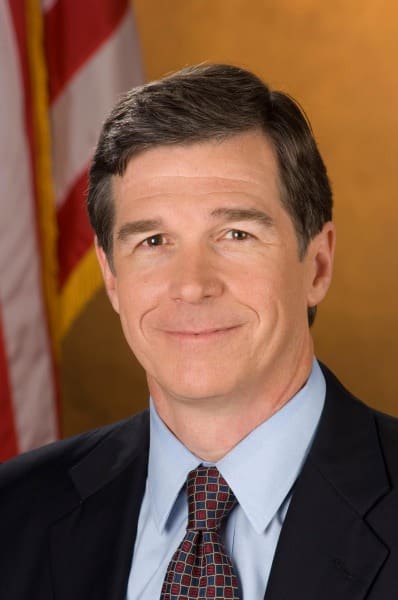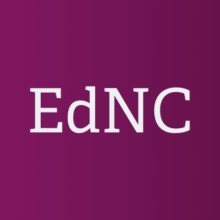The following is a press release from Central Carolina Works
Central Carolina Works (CCW) — an educational initiative by a consortium including Central Carolina Community College, local schools, business, industry, and community leaders — presented the 5th Annual Bridging Education and Careers summer symposium on June 18 at the Dennis A. Wicker Civic & Conference Center. The annual symposium is made possible by the Education Workforce and Innovation Fund (EWIF) grant from the North Carolina Governor’s Office.
CCW funds the placement of career and college advisors in each of the public high schools in Chatham, Harnett, and Lee counties. These advisors work one-on-one with students to help them take advantage of the state-funded Career and College Promise (CCP) dual-enrollment program, which offers tuition-free college courses to qualifying high school students.
Symposium participants were welcomed by CCCC President Dr. Lisa Chapman, who expressed her gratitude and appreciation for teachers and all that they do for the youth of our community.
Kelvin Hunt, CCCC Director of Student Outreach and Recruitment, led a panel discussion with industry representatives that included: Gabby Murillo, ReMax agent; Brent Sloan, Director of Human Resources & Safety at Sanford Contractors, Inc.; Jerry Pedley, CEO of Mertek Solutions, Inc.; and Liane York, SPHR, Director of Employee Relations for FirstHealth of the Carolinas. The panel was asked what their greatest needs were and they all had common needs: math skills, number sense, communication skills, as well as an ability and willingness to learn. Learning, indicated by multiple panel members, does not end with graduation but is constant throughout a career. All of the panel members agreed that if the basic skills are there, along with a willingness to learn, confidence, humility, and passion, that a graduate would be highly employable.
Dr. Ryan McCreary, who serves as a College and Career Advocate with the K-64 program at Catawba Valley Community College, was the keynote speaker. Dr. McCreary has a long history in education beginning with his role as a teacher through his time as a Principal. He has served at the elementary, middle, and high school levels. Currently, he is providing strategic direction for Catawba Valley Community College’s Student Career Services and Business Engagement programs as they relate to the connectivity to K-12 classrooms. His presentation focused on helping students identify their passion and then applying that to identifying a career field where they can achieve their goals and utilize that passion.
This year’s symposium participants — which included high school math, science, and CTE teachers — toured three local businesses: FirstHealth of the Carolinas (the primary care/convenient care facility and fitness center), Hugger Mugger Brewing Company, and Mertek Solutions, Inc. The tours provided teachers with an intimate view of how industry operates and an opportunity to ask questions specific to the industry and how it relates to their subject areas.
With the information the teachers gained during the symposium, they were presented with an opportunity to create a Career-Focused Unit (CFU) to incorporate into their curriculum by Lara Abels, CCCC Lee County Lead College & Career Advisor. The CFU is a unit embedded within the standard curriculum that incorporates course relevance to career fields. This allows the teacher to connect what the students are learning to real world application in the workplace. After the presentation, participants were provided the opportunity to work in groups to generate ideas for how they could incorporate CFUs in their classrooms.
Details about Central Carolina Works and Career & College Promise are available at www.cccc.edu/high-school/ccp. More information about Central Carolina Community College is available on its website at www.cccc.edu.
Recommended reading



